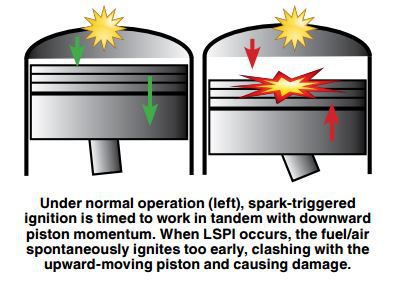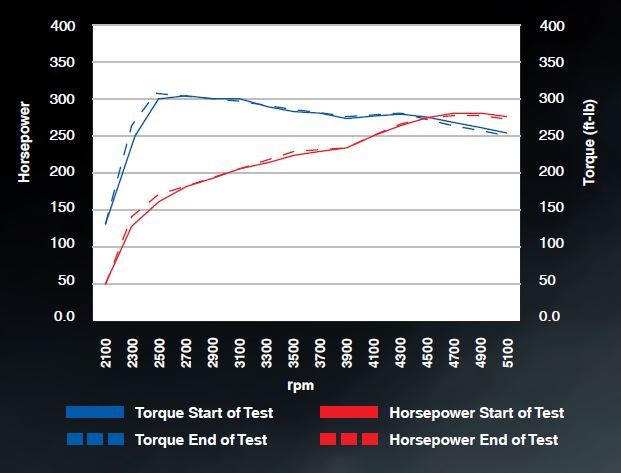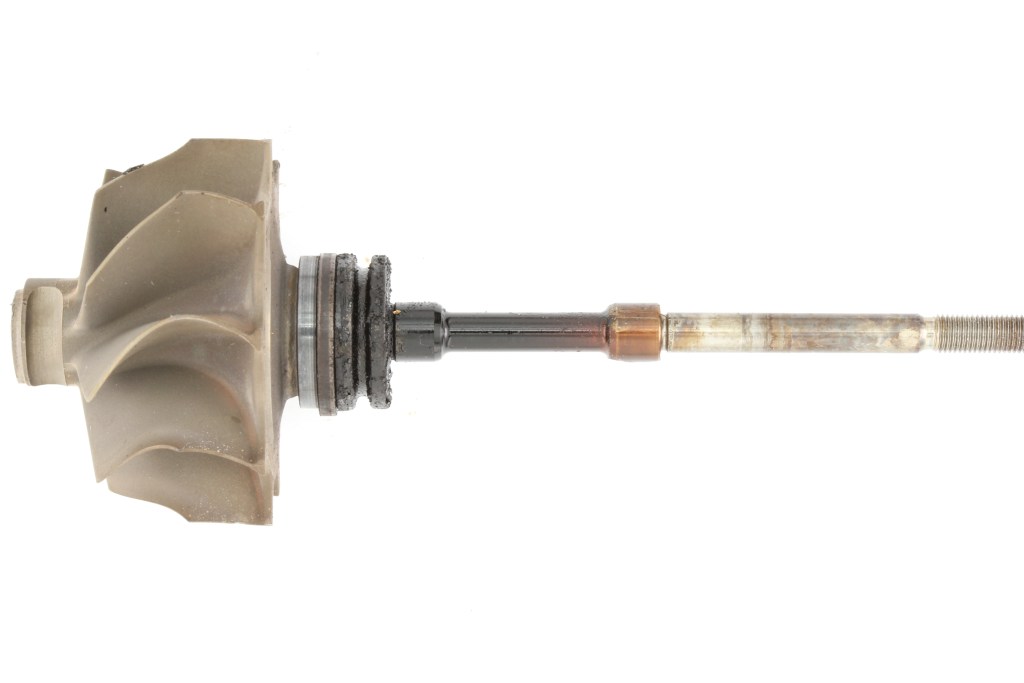Signature Series Battles Sludge
The health of your engine depends on motor oil circulating quickly and efficiently through the system, but sticking components and obstructed passages inhibit motor oil from lubricating, cooling and protecting your engine. Engine “sludge” occurs when oxidized oil and contaminants build up on engine surfaces. It can restrict the flow of oil to the point of engine failure and costly repairs.
Warehouse note: The so called “fully synthetics” which are mostly group III’s or a combination of a majority group II and a fraction III ($3.50 synthetics) to a majority III and a fraction of IV ($8.50 synthetics) – all based on price and what the stock holders allow to be used for a desired profit.. Note that all of these WILL leave deposits in the form of sludge. Turbocharged engines must avoid these brands which include the silver one shaped like a shampoo bottle.
Sludge: Where It Starts & How It Ends
- The valve cover and oil pan are generally the first areas sludge appears.
- The oil pick-up tube screen is often the next spot it accumulates, impeding oil flow through the system.
- What begins as a thin film of lacquer or varnish deposits eventually bakes into an expensive mess.
The Sequence VG Engine Test
Engine failures due to sludge are often caused by a clogged pick-up tube screen – the motor is effectively starved of oil. The Sequence VG Engine Test determines how well an oil resists sludge formation and keeps the lubricant flowing freely throughout the system. The test is required for API SN PLUS – a specification recommended by most domestic vehicle manufacturers.
TEST PARAMETERS
| Engine | Ford* 4.6L V-8 |
| Duration | 216 hours |
| Measures | Sludge and varnish deposits, piston ring sticking, clogged oil pump screens and roller pin wear |
| Simulates | Taxi, delivery or commuter vehicle service |
| Requirement | Oil pick-up tube screen limited to 10 percent blockage |
The Results
Signature Series Synthetic Motor Oil was subjected to the Sequence VG to measure its ability to prevent sludge. As expected, Signature Series produced an oil pick-up tube screen virtually free from sludge (see image). Our unique combination of detergents and high-quality base oils control oxidation and sludge to keep engines clean and efficient.
Signature Series has 50 percent more detergents1 to help keep oil passages clean and promote oil circulation. It provides 90% better protection against sludge2.
Warehouse Note: Thankfully our efforts here in Sioux Falls have made the Signature Series our top seller and on the minds of many who want their investment to remain like new beyond 250,000 miles. People are realizing that it’s not all about change frequency as a non “true synthetic” can cause damage in just 10 miles in GDI engines due to LSPI.. Not to mention why I adopted AMSOIL back in the day – the added power and performance!!
1 vs. AMSOIL OE Motor Oil
2 Based on independent testing of AMSOIL Signature Series 5W-30 in the ASTM D6593 engine test for oil screen plugging as required for the API SN PLUS specification.
*All trademarked names and images are the property of their respective owners and may be registered marks in some countries. No affiliation or endorsement claim, express or implied, is made by their use. All products advertised here are developed by AMSOIL for use in the applications shown.



